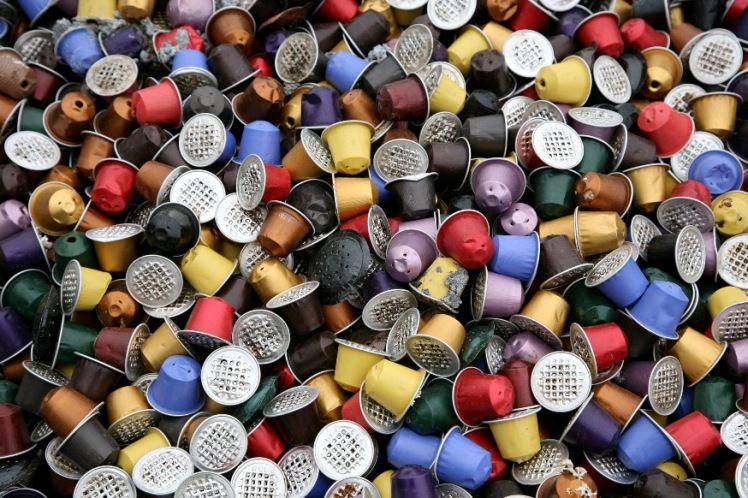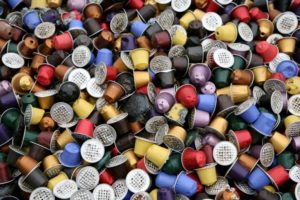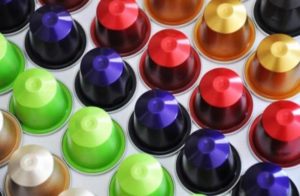
Using recycled aluminium to manufacture capsules
It is a hard-nosed business decision. For circular model paths, Nespresso needs to partner with other companies along the whole supply and value chains, all of which require more resources and different skillsets on the part of Nespresso.
When asked why the firm is not using recycled aluminium to manufacture their capsules, Nespresso claimed their capsules require a “specific alloy of aluminium”—alloy 8011 that is not found in recycled aluminium and one of the only sources are recycled Nespresso capsules.
Choosing responsibly sourced aluminium might be easier for Nespresso than using 100 per cent recycled aluminium.
In response to an enquiry from Eco-Business, Nespresso claimed that one in four of their capsules are recycled globally. Its website also indicates that their coffee capsules are “infinitely recyclable”.
However, Nespresso said that only 13 per cent of its Vertuo range capsules were made using recycled aluminium. Despite enquiries, the company failed to mention whether the other two ranges of capsules, Original and Nespresso Professional Range, use recycled aluminium too.

Aluminium is one of the most environmentally-friendly packaging materials—the lightweight metal can be recycled an infinite number of times without any loss of quality; three-quarters of all aluminium ever smelted remains in use. The ease and profitability of recycling aluminium is so great—aluminium can scrap is worth US$1,186 per ton—that the aluminium recycling industry is expected to hit a market size of around US$434 billion by 2023.
What do you think?